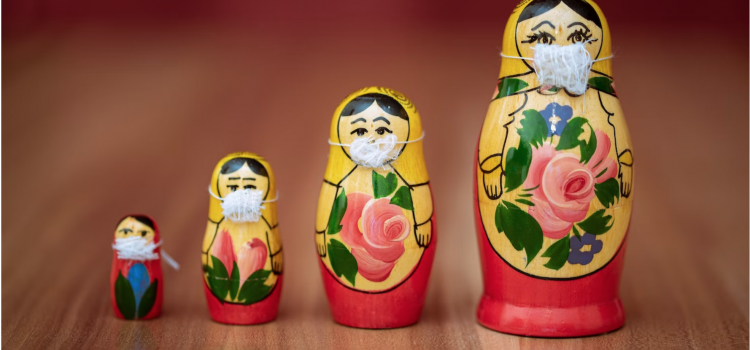
This is a free excerpt from one of Shortform’s Articles. We give you all the important information you need to know about current events and more.
Don't miss out on the whole story. Sign up for a free trial here .
How will society be different in a post-pandemic economy? What can we learn from past pandemics?
As we emerge from the Covid-19 crisis, our economy looks set to follow the trajectory of previous post-pandemic economic recoveries. We can expect to see a booming economy, rising wages, and altered business structures that reflect a changed world.
Keep reading for a brief overview of how the world is changing as we enter a post-pandemic economy.
Post-Pandemic Economies in History
Past pandemics give us some indication of what to expect as we begin to emerge from the depths of Covid-19 into a post-pandemic economy. As economies recovered from scourges like the Black Death, the Spanish flu, the SARS outbreaks, Ebola, and Zika, they often played out themes we’re seeing repeated today.
First, during the acute phase of an epidemic, when the world hunkers down and spending opportunities disappear, people tend to accumulate savings (much as they have since the start of our current pandemic).
Second, when life starts returning to normal, people resume spending again, prompting a sharp economic recovery—again mirroring our current situation.
And third, a post-pandemic economy always looks different from its pre-crisis version.
- People get more adventurous in how they make their money—after the Black Death, more young men took to the seas, as crossing the ocean in search of fortune felt less risky after surviving the plague. After the stock market crash of 1919, startups boomed. Today, we see entrepreneurs once again stepping forward to fill gaps in the market.
- Automation increases as firms adopt new technologies to fill labor gaps—companies accelerated their adoption of robots after both the SARS and Ebola outbreaks, and the 1920s saw rapid growth in mechanization. Today’s rise in telemedicine and online shopping demonstrates the same trend in our post-pandemic economy.
- Wages tend to rise in the aftermath of pandemics. This might, in part, have a slightly grim cause, when diseases kill enough workers that survivors have more leverage, but it’s also because crises tend to shift cultural attitudes toward workers, prompting policymakers to focus more on solving unemployment than reducing debt or preventing inflation. The recent increases in salaries, especially in hard-hit sectors like hospitality, point to the same thing happening today.
A Changed Landscape
Our current pandemic is driving changes to the nature of work and the shape of many specific industries. Here’s an overview of how the world looks different in our post-pandemic economy:
- Ecommerce is here to stay. Even though consumers are returning to physical retailers, online shopping continues to grow.
- Tech will play an ever-larger role in business, fueling cottage industries devoted to creating, delivering, and securing it.
- Employer/employee relations will forever look different in our post-pandemic economy, as some type of work-from-home policies become the norm.
- The ability to work remotely will have knock-on effects on the housing sector, potentially lessening demand in cities and increasing demand in further-flung areas.
- The travel industry may never fully recover. While travel spending is picking up as we enter a post-pandemic economy, the lucrative business-travel side of it may never fully bounce back. Some experts estimate it could take 10 years for business travel to recover, and even then, only to 70% or 80% of what it once was. Bill Gates expects it to settle into a new normal at 50% of pre-pandemic levels.
- Downtown areas that were turned into shared dining, entertainment, and working spaces when indoor activities were forbidden may evolve into more permanently connective areas, where small businesses interact with each other in a more communal way.

Want to fast-track your learning? With Shortform, you’ll gain insights you won't find anywhere else .
Here's what you’ll get when you sign up for Shortform :
- Complicated ideas explained in simple and concise ways
- Smart analysis that connects what you’re reading to other key concepts
- Writing with zero fluff because we know how important your time is






